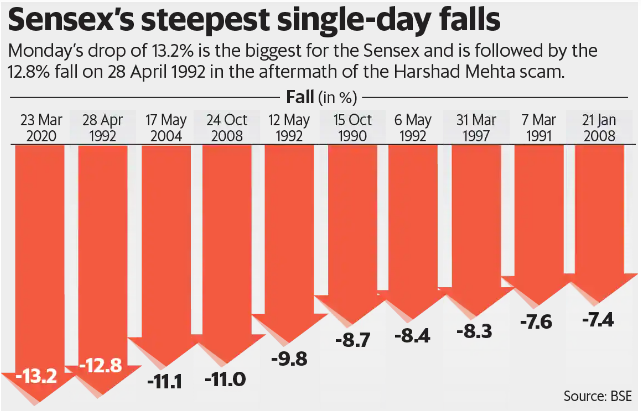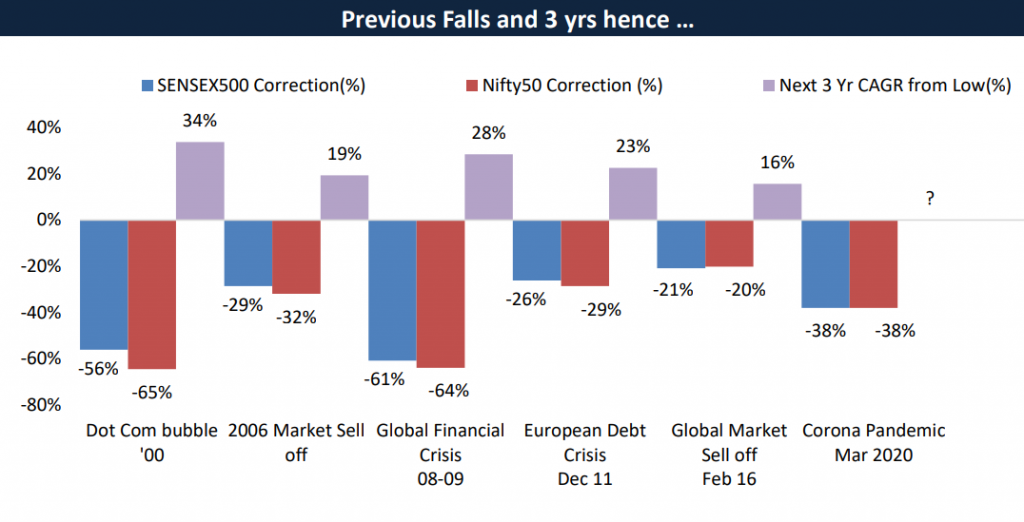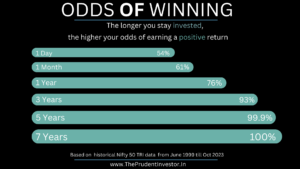It is said that investing in the Equity market in the short term is like riding a roller coaster and the markets have not disappointed us. As recent as January 2020, BSE Sensex was at an all-time high of 42k, fast forward to 23 March 2020 and Sensex had tumbled to 26k. As of today, the market has seen a slight recovery and is at 31k.

When markets were trading at a peak, many investors were just waiting for their turn to invest. Now when the market has corrected, one of the most common questions on many investors’ minds is whether they should invest today or wait?
Is this a buying opportunity or is there more pain to come?
What should investors do? Buy the dip now or wait for a possible bigger drop?
When It’s Time To Buy, You May Not Want To
No one can say that you should invest all your money today. At the same time, no one can argue that you shouldn’t invest at all.
Buy, sell or wait? I think it’s a good idea to do some buying, because valuations are attractive.
The market may rally and you’ll be glad you bought some. Or they may continue down, in which case you’ll have money left (and hopefully the nerve) to buy more.
But no one can tell you now is the time to invest it all. Nobody knows.
Do not try to time the bottom
Some of the most interesting questions in investing which are especially relevant today: “Since we expect more bad news and feel the markets may fall further, isn’t it premature to do any buying? Shouldn’t you wait for the bottom?”
The biggest problem with making market timing a key part of your investment strategy is that it can result in missing out on opportunities to buy at lower prices while you are busy trying to predict a bottom of a market sell-off.
We never know when we’re at the bottom; a bottom can only be recognized in retrospect.
Don’t let the perfect be the enemy of the Good
Perfection can be a good thing: That is what drives people to do great things. However trying to make something perfect can actually prevent us from making it just good.
The only way to avoid mistakes is not to invest: which is the biggest mistake of all. Similarly, waiting for the absolute bottom can stop us from investing at reasonable prices. In the words of billionaire investor Howard Marks: “Our goal should be to make a large number of good buys, not just a few perfect ones.” Investing in tranches during volatile times (like currently) is a prudent strategy.
Get in the game and stay in it
The equity market is not a casino. But if you start and stop SIPs after every correction, the market will be your casino. And like most gamblers, you may lose eventually, or frequently. Before investing even a rupee in the equity market, understand whether the investment(s) you are planning is in line with your long term financial goals.

As can be seen in the graph above, stock markets have crashed in the past however those who stayed in the game not only recovered the lost ground, but also earned handsome returns. Volatility is an inherent character of markets and it is impossible to call the bottom. Volatility benefits you only if you make the most of it. There will, of course, be corrections, perhaps even crashes. But, over time, studies indicate stocks do go up… and up… and up.




